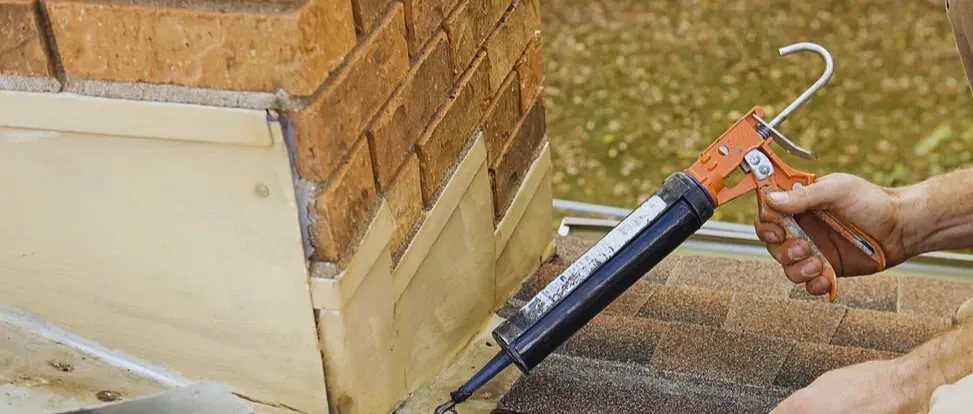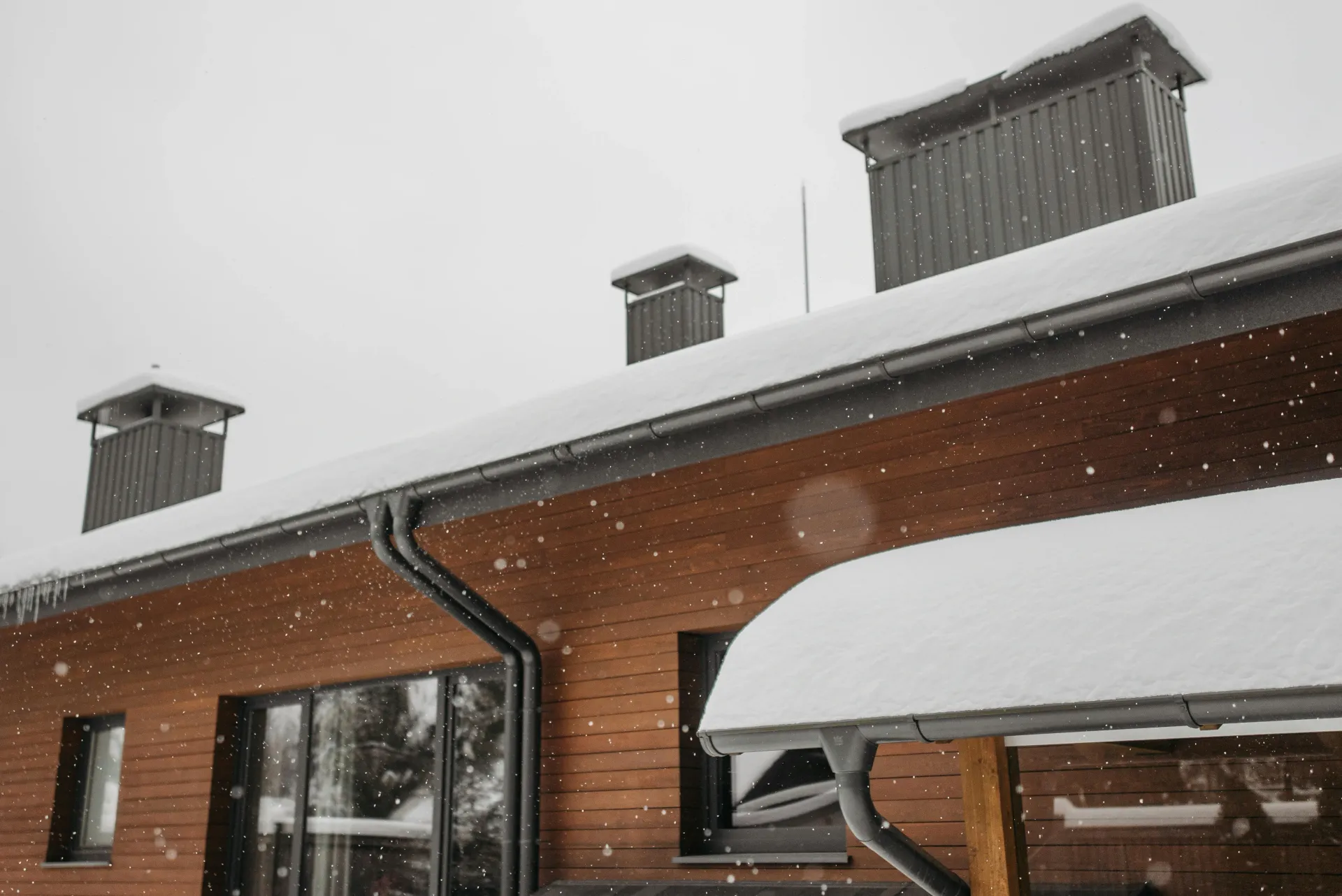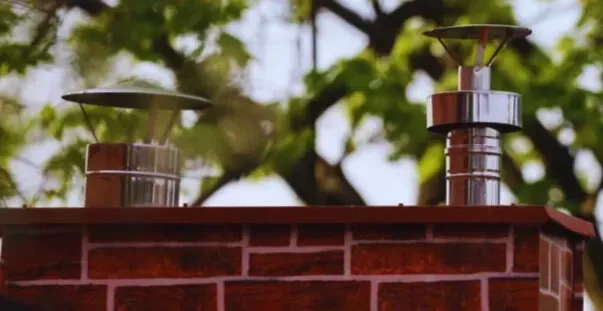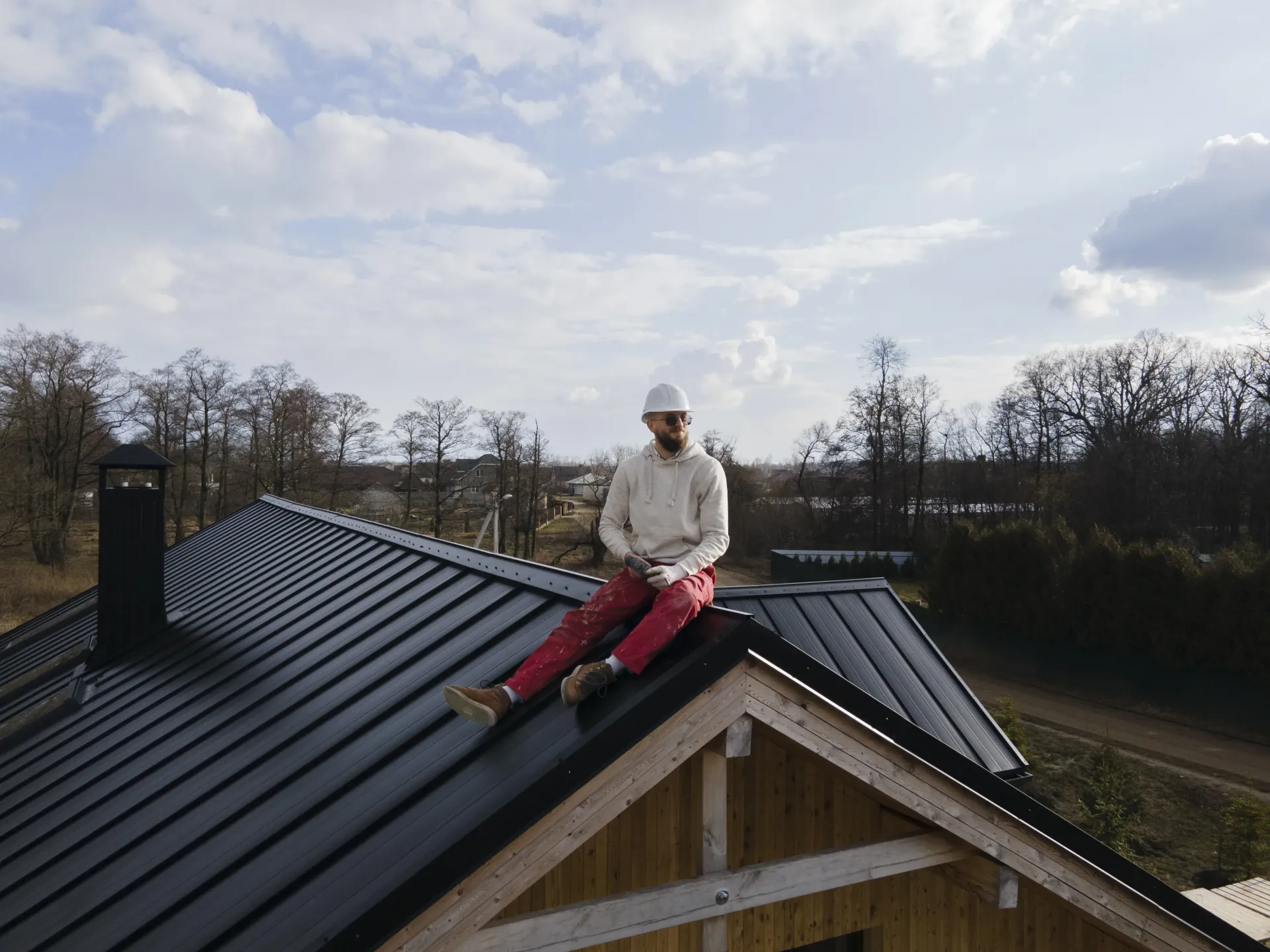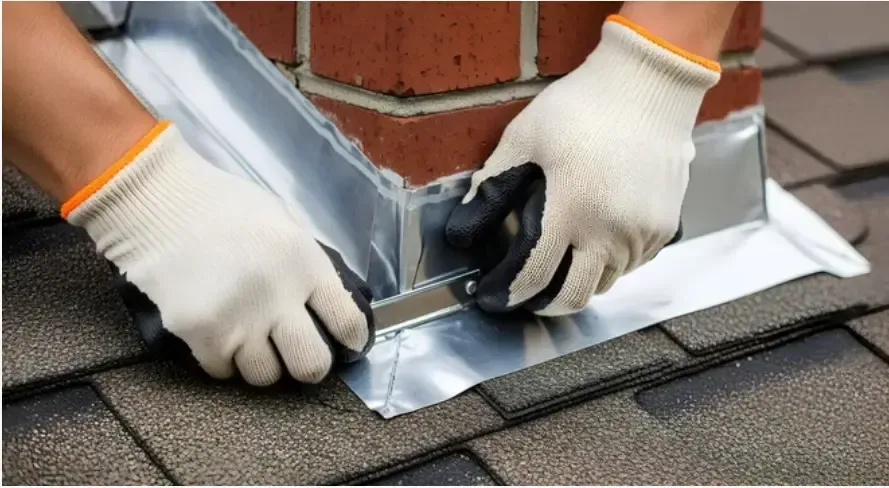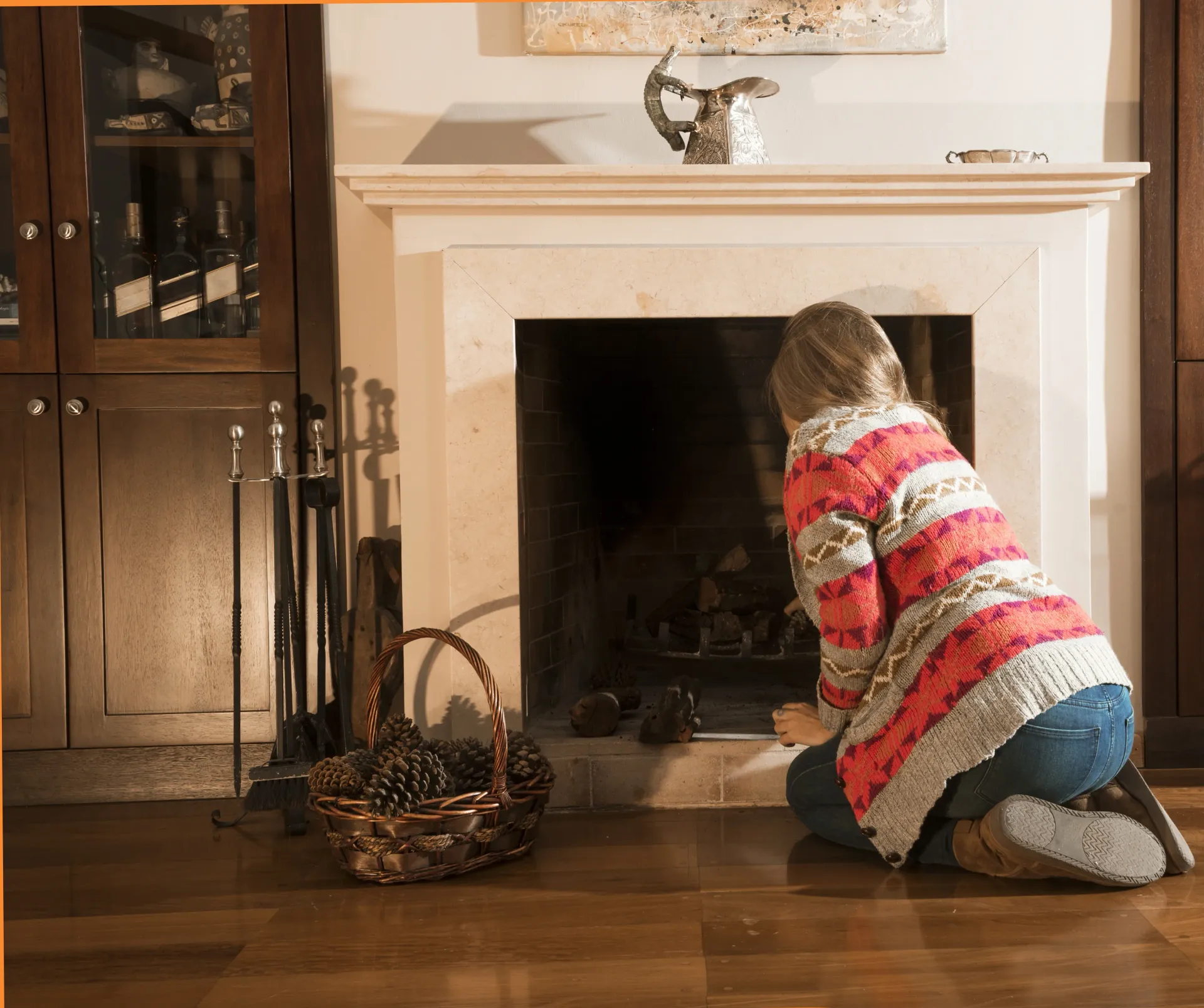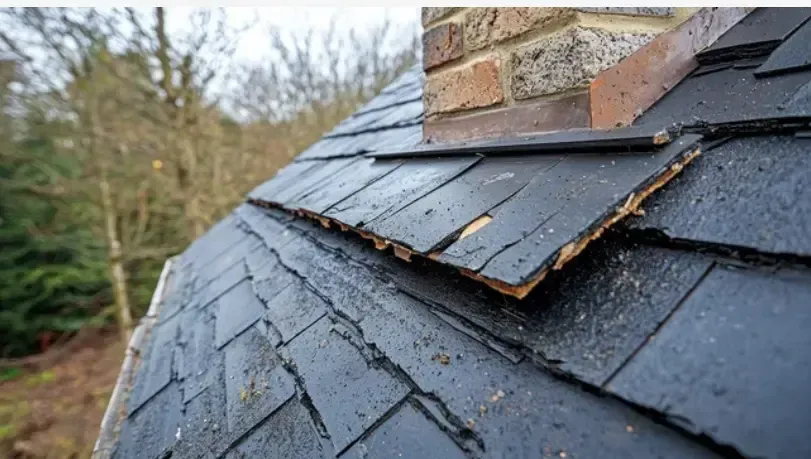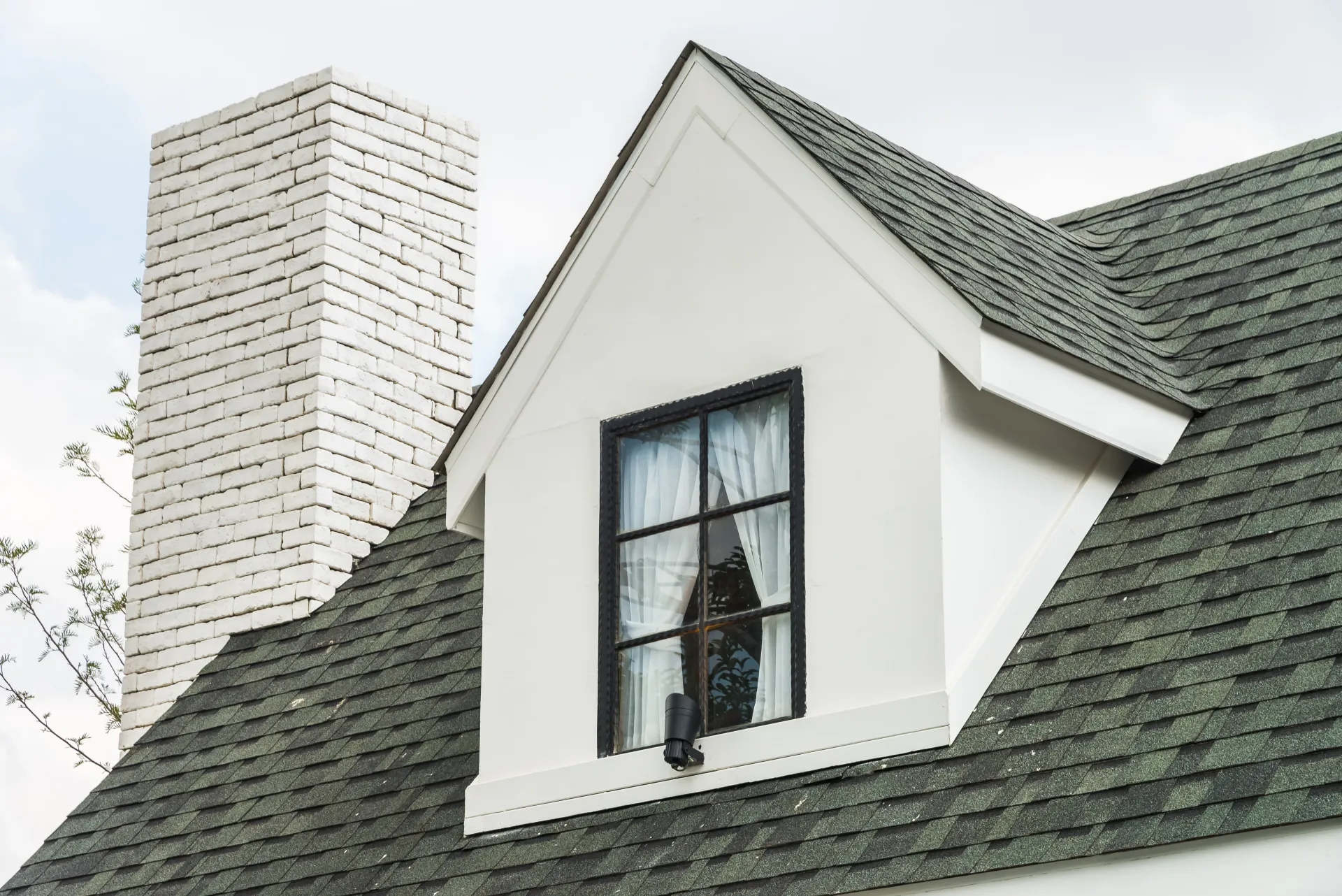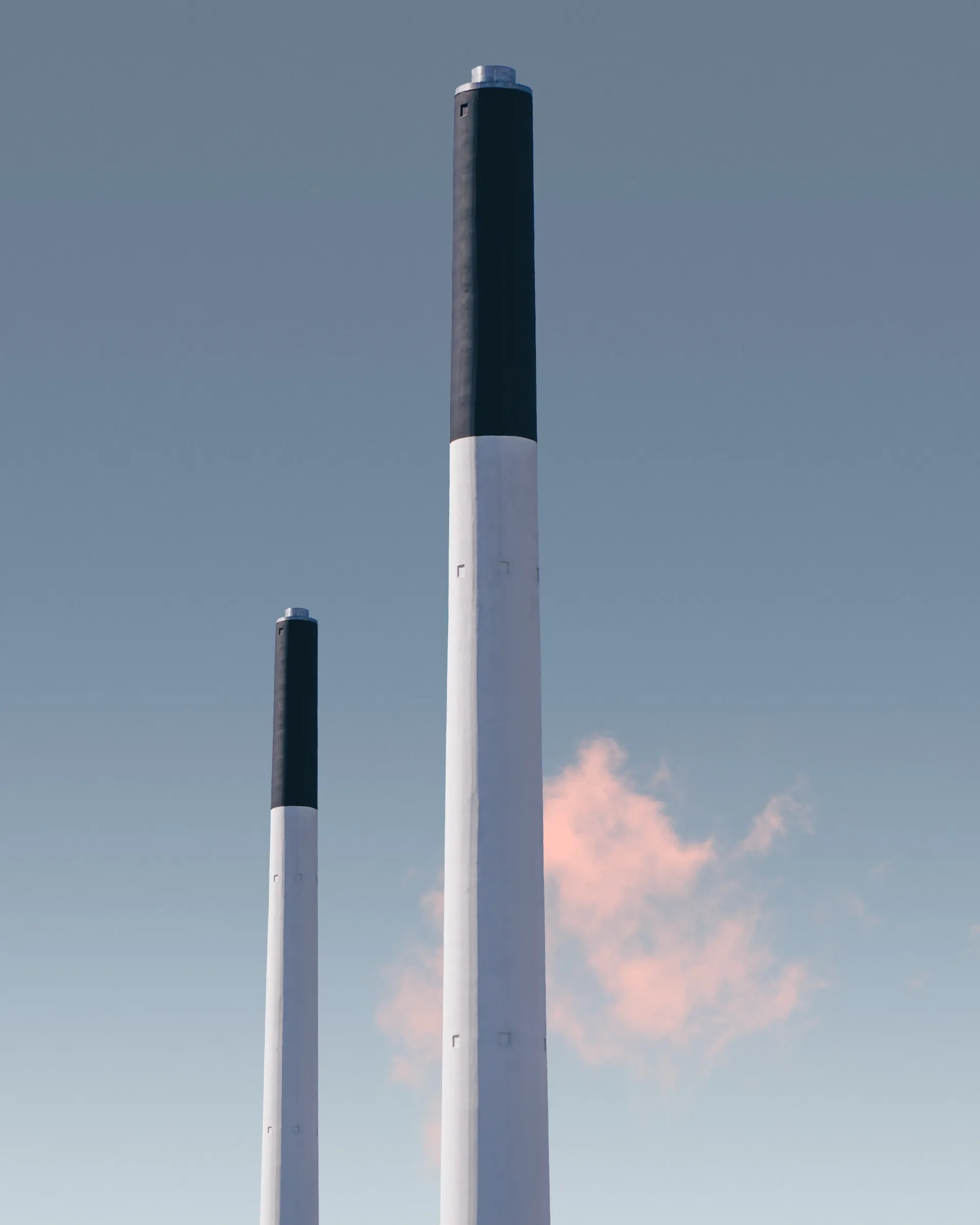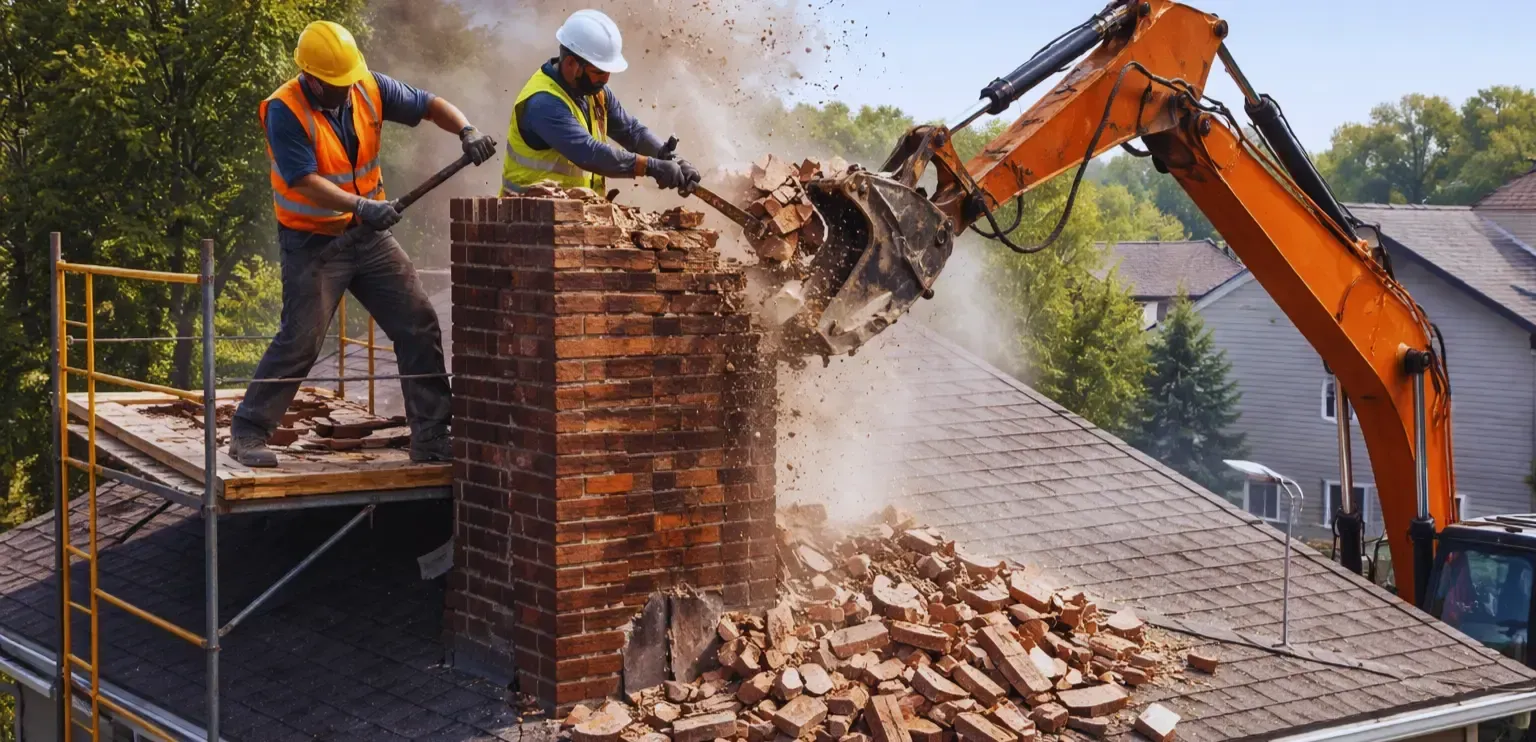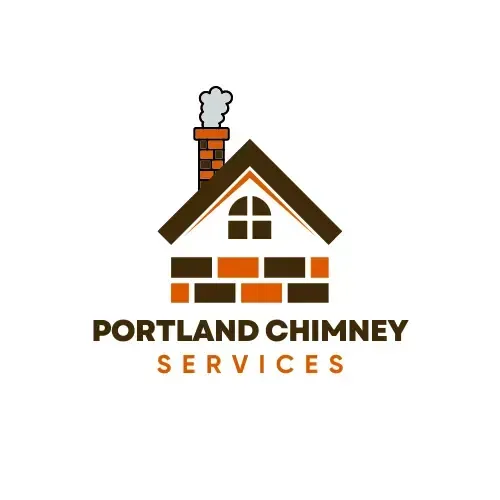Chimney inspections are crucial for homeowners in Maine, especially considering the harsh winters and frequent use of wood or pellet stoves. Ensuring that your chimney is regularly inspected not only keeps your home safe but also enhances the efficiency of your heating system, ultimately saving you money and time. This comprehensive guide explains why regular chimney inspections are necessary, how they are conducted, and when to schedule them. Additionally, you’ll learn how inspections can prevent potential hazards and expensive repairs.
Why Regular Chimney Inspections Matter
Your chimney plays a vital role in ventilating dangerous gases out of your home. Over time, soot, debris, and creosote accumulate, which can block airflow, cause chimney fires, and lead to carbon monoxide poisoning. Regular chimney inspections identify these issues before they become serious threats. In Maine, where heavy snowfall and freezing rain can affect your chimney’s structure, inspections are even more critical.
Not only do regular inspections enhance safety, but they also save you from the risk of costly repairs by catching small problems early. Whether it’s an issue with Chimney Waterproofing or structural wear, addressing it sooner can prevent extensive damage down the line.
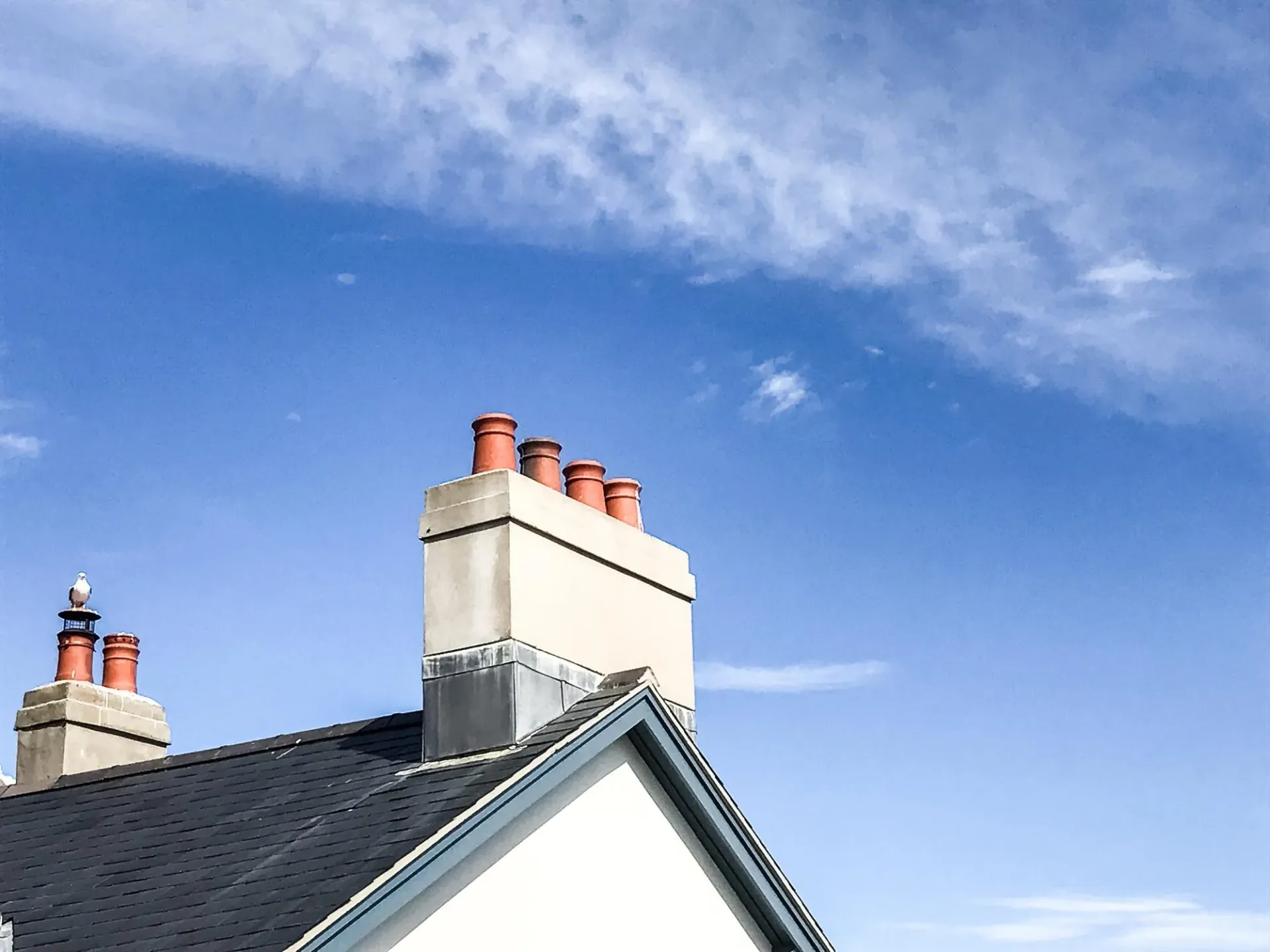
How Chimney Inspections Are Conducted
Professional chimney inspections follow a thorough process. Understanding the three levels of inspection can help you know what to expect.
- Level 1 Inspection: Recommended if your chimney has been in regular use with no major changes, this involves a visual inspection of easily accessible parts like the flue and firebox.
- Level 2 Inspection: If changes have been made to your system (e.g., installing Stainless Steel Liners), or if you’ve had a chimney fire, this more detailed inspection is necessary. It often includes a video scan of the interior.
- Level 3 Inspection: This is the most thorough and invasive type of inspection, required when there is serious damage or suspected issues that are hidden behind walls or chimney parts. It may require the removal of some sections of the chimney structure.
When to Schedule a Chimney Inspection
Maine homeowners should schedule a chimney inspection at least once a year, but additional inspections may be necessary under certain circumstances.
Annually: As recommended by the National Fire Protection Association (NFPA), annual inspections are a must for any regularly used chimney. This ensures it remains free from blockages, creosote buildup, and structural damage.
After Severe Weather: Maine’s winters bring heavy snow, rain, and ice, all of which can wear down the chimney's masonry and exterior. After severe weather, it's important to check for damage.
Before Winter Use: Before the heating season starts, a Chimney Service should perform an inspection to ensure the system is functioning efficiently and safely.
What Chimney Inspections Look For
During a professional chimney inspection, several key areas are checked to ensure your system is functioning properly.
Creosote Buildup: Creosote, a byproduct of burning wood, is highly flammable. A technician will check for this substance and recommend cleaning if the buildup is significant.
Blockages: Leaves, debris, and even animal nests can block your chimney, limiting ventilation and increasing the risk of carbon monoxide poisoning.
Masonry Damage: Harsh weather in Maine can cause bricks and mortar to crack. An inspection can reveal cracks that need Chimney Waterproofing to prevent further deterioration from water infiltration.
Flue and Liner Condition: The flue and Stainless Steel Liners are essential for protecting your chimney from heat damage. Regular inspections ensure these components are in good condition.
The Benefits of Regular Chimney Inspections
There are numerous benefits to scheduling regular chimney inspections, especially for Maine homeowners who depend heavily on their chimneys during the winter.
Enhanced Safety: Regular inspections drastically reduce the risks of chimney fires and carbon monoxide poisoning by addressing problems like creosote buildup and blockages.
Prevent Expensive Repairs: Small issues like cracked masonry or deteriorating mortar joints, if caught early, can be fixed before they require more extensive, costly repairs. This is especially important when considering services like Gutter Cleaning and Repair, which can help prevent water damage to the chimney's foundation.
Improved Efficiency: A clean, well-maintained chimney helps your heating system work more efficiently, reducing the amount of wood or pellets needed to heat your home.
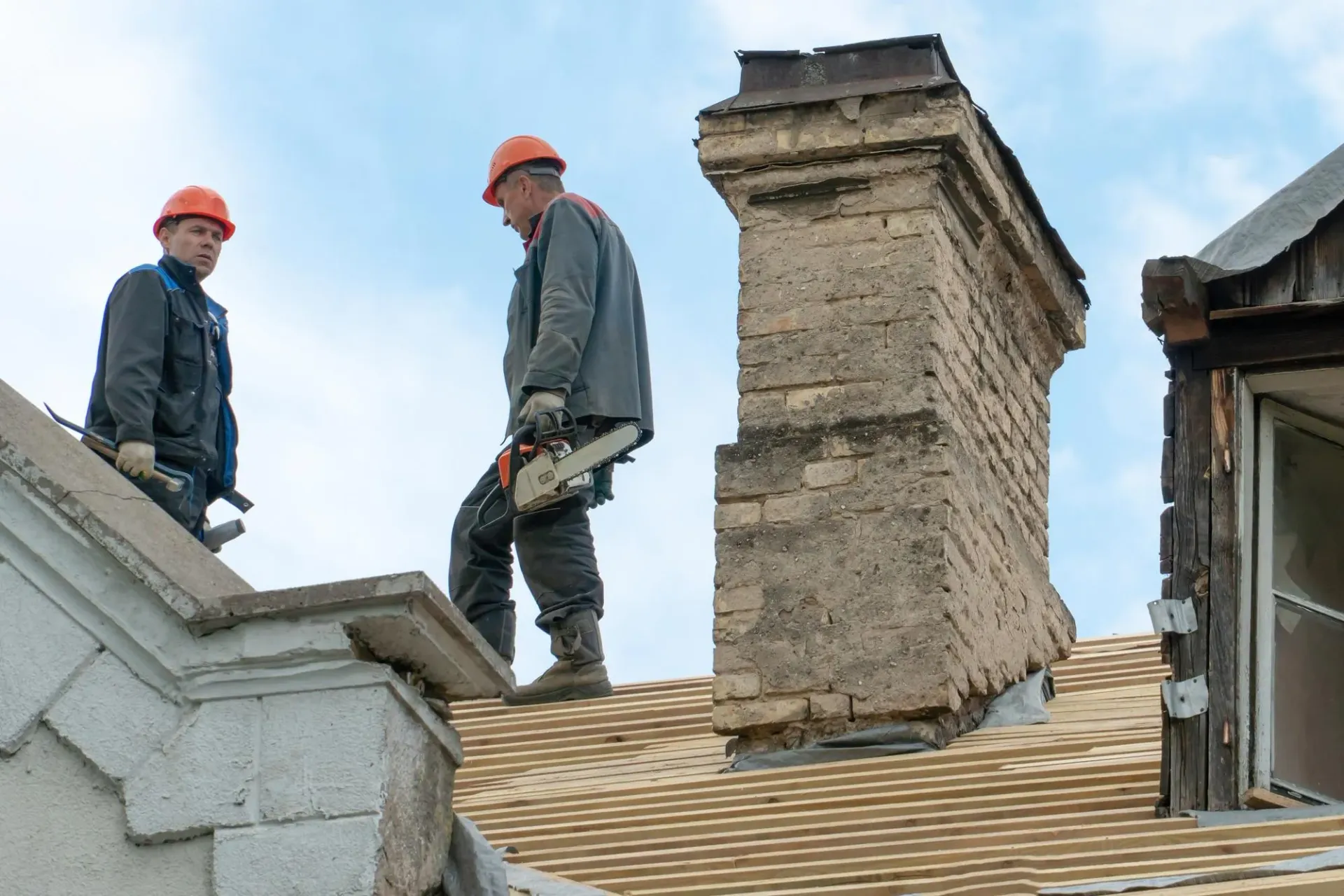
Common Problems Found During Chimney Inspections
Chimney inspections uncover a variety of problems that can worsen if left untreated. Here are some of the most common issues:
Cracked Masonry: Cold temperatures and fluctuating moisture levels in Maine often cause cracks in the bricks and mortar. This can lead to structural instability if not fixed in time.
Water Damage: Without proper Chimney Waterproofing, water can seep into the masonry, causing long-term damage, especially during the freeze-thaw cycle.
Creosote Accumulation: A thick layer of creosote is a leading cause of chimney fires. Regular inspections prevent this dangerous buildup.
Flue Blockages: From bird nests to falling leaves, blockages inside your chimney can restrict airflow and lead to carbon monoxide buildup in your home.
How to Prepare for a Chimney Inspection
Preparing for a chimney inspection is straightforward, but it can help the process run more smoothly. Here's how:
Clear the Area Around the Fireplace: Remove any furniture or decor that might obstruct the technician’s access to the chimney.
Ensure the Fireplace Hasn't Been Used Recently: Make sure the fireplace has been cool for at least 24 hours before the inspection to avoid hazards for the technician.
Check for Visible Damage: Although a professional will do the actual inspection, you can make note of any visible cracks or signs of water damage that you’ve noticed.
Key Takeaways
- Chimney inspections are crucial for identifying and addressing creosote buildup, blockages, and structural damage.
- They should be scheduled annually, especially in areas like Maine, where harsh weather takes a toll on chimneys.
- Regular inspections prevent costly repairs, reduce safety risks, and ensure the efficiency of your home’s heating system.
- Chimney Waterproofing can protect your chimney from moisture damage, especially in Maine’s wet and cold climate.
- Stainless Steel Liners are a great investment for improving the longevity and safety of your chimney.
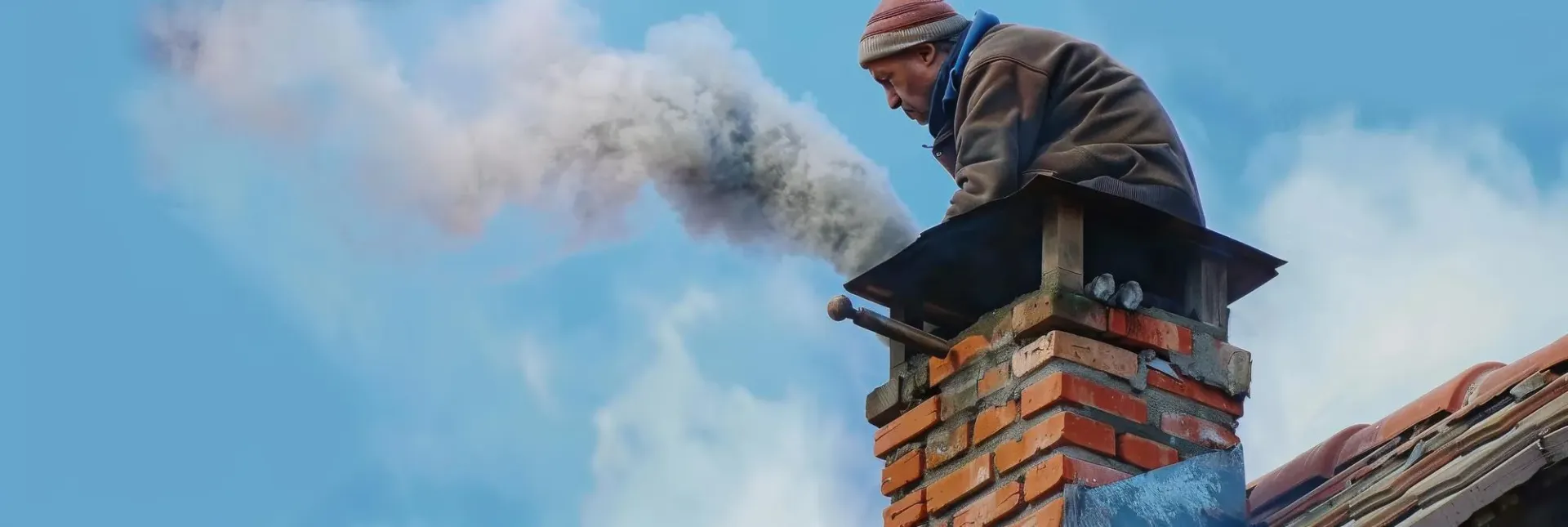
Frequently Asked Questions
What happens if I don’t inspect my chimney?
Without regular inspections, creosote can build up and blockages can form, leading to chimney fires or carbon monoxide poisoning. Additionally, you may miss signs of structural damage that could require expensive repairs.
How often should I have my chimney inspected?
Chimneys should be inspected annually, especially before the winter season or after a significant weather event like a snowstorm or heavy rain.
Can I inspect my chimney myself?
While you can perform a basic visual inspection, it’s always best to hire a professional Chimney Service to ensure a thorough and accurate evaluation.
What are the signs that my chimney needs waterproofing?
If you notice water stains inside the fireplace, deteriorating mortar, or rust on the damper, it’s time for Chimney Waterproofing to protect your chimney from further water damage.
How long does a chimney inspection take?
A Level 1 inspection typically takes about 45 minutes to an hour. More detailed inspections, like Level 2 or 3, could take longer depending on the condition of your chimney.
Are stainless steel liners worth it?
Yes, Stainless Steel Liners provide excellent durability, enhance safety by improving the venting of gases, and extend the life of your chimney system.
Conclusion
Regular chimney inspections are essential for ensuring the safety, efficiency, and longevity of your chimney. Whether you’re using a wood stove or an open fireplace, consistent maintenance can prevent serious issues such as chimney fires or carbon monoxide poisoning. In Maine, where weather conditions are especially harsh, it’s even more important to schedule inspections annually. By investing in professional services like Chimney Service or Chimney Waterproofing, you’ll protect your home and enjoy peace of mind throughout the cold winter months.
